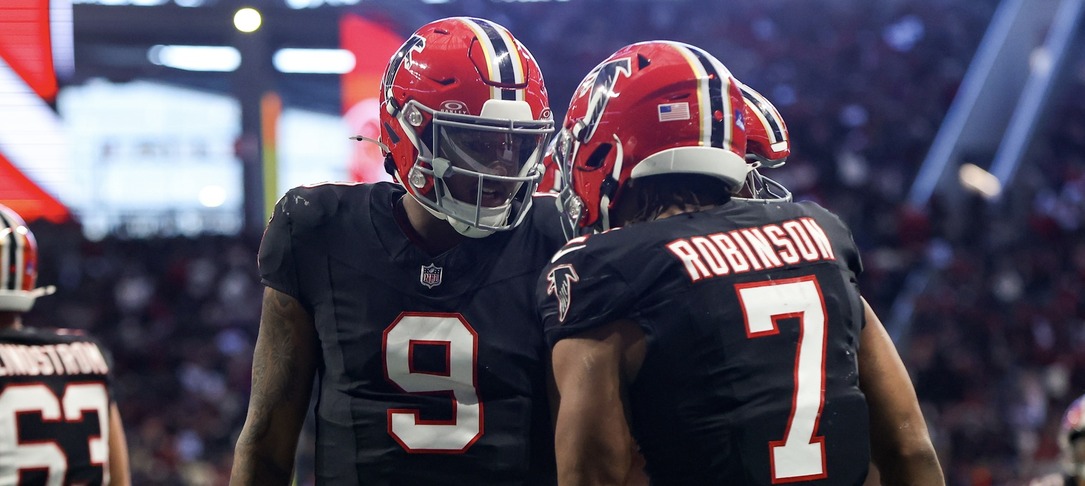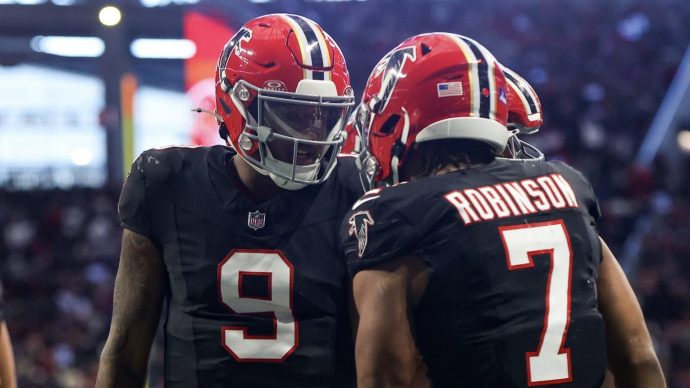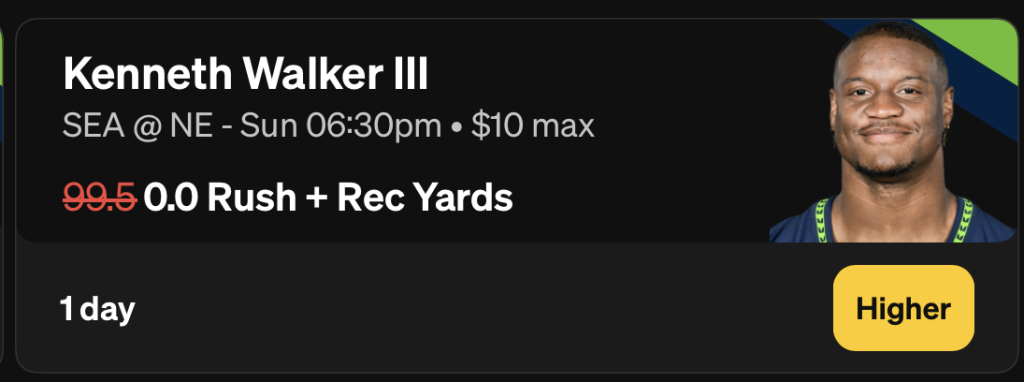A common saying in online gambling circles is, “you can’t put the toothpaste back in the tube.” In sports betting, this is generally applied to the spread of legal betting and the near-insurmountable hurdles an anti-sports betting crusade would face.
With so many states now in the legalized sports betting column (and reaping the financial benefits of the activity), any attempt to undo legal sports betting would cause a massive disruption for states and the companies that had invested millions of dollars in launching their products. The result would be contentious legal battles. Essentially, the chance of the US rolling back sports betting legalization is close to zero.
But a complete rollback isn’t the only potential outcome.
What Could Change?
The toothpaste might be out of the tube, but it isn’t all aboard the gravy train for the industry. Several realistic scenarios exist that could radically change the structure of legal US sports betting.
Marketing Restrictions
One of the most likely, dare I say inevitable, changes that could occur is a crackdown on marketing. A marketing crackdown could be anything from when and where sportsbooks can advertise to what those ads contain.
Marketing is critical. It brings new customers into the pipeline and helps get the word out on the available legal sports betting options. Without marketing, legal sports betting will find it increasingly challenging to penetrate new markets and shift customers from the black market to legal markets.
Stricter Consumer Protections
Preventing customers from taking advantage of books and books from taking advantage of customers is a top priority for regulators. But it’s a balancing act. If lawmakers or regulators tip the scale towards the customer (such as a customer-friendly palp policy), it will result in a far less appealing industry, as books will have to offset these policies with new policies of their own. That could be higher vig, a quicker banhammer on perceived sharps, and/or fewer promotions. All of which would result in fewer customers in the legal market and present offshore books with an opportunity to provide a better experience.
Increased Financial Burdens
Increased tax rates or changes to promotional deductions will have a similar impact as new consumer protections. Whenever there is a non-trivial increase in the cost of doing business, companies will look to pass off those costs to consumers.
We’ve already seen this occur in Virginia, and I suspect many other states will consider such changes:
VA's HB 1103 removes loss carryover and limits promo deductions to first 12 months. VA is the first, but will not be the last, to formally petition to amend tax policy in the wake of low/no tax revenue in opening months. AZ next? https://t.co/zIHPgs8EI6
— Becca Giden (@BeccaGiden) January 13, 2022
And Virginia isn’t a gambling outlier. States are more than willing to increase gambling operators’ taxes, just like Pennsylvania did in 2016.
Stake Limits and Means Testing
Arbitrarily imposed stake limits or means testing is perhaps the biggest threat to the legal sports betting industry. The industry has adopted the mantra that gambling is entertainment, so imagine if an overzealous lawmaker convinces a state to make the industry put its money where its mouth is and implement $50 stake limits. Or if European-style means-testing arrives and sets monthly betting limits of a few hundred dollars unless you can prove you make a certain amount of money.
Such policies will send the biggest bettors offshore, thereby crippling betting handle.
New Friction Points
The final threat I’ll outline here is a change to player verification, depositing and withdrawals, geolocation, or anything else that creates more hoops for the customer to jump through to place a bet.
Any burdens customers feel are unnecessary or unreasonable could send them back to offshore sites.
What Could Cause The Change?
In addition to organic change, several scenarios could introduce or accelerate the adoption of some of the above policies.
A Scandal
There is no quicker way to draw (unwanted) attention from lawmakers and regulators than a scandal. Sports betting scandals are among the juiciest. Consider that decades-old scandals are still talked about when states consider legalization (Boston College points shaving). A sports betting scandal in the legal market would elicit a swift response, which is likely to be an extreme overreaction.
Further, a scandal doesn’t have to be sports related. It could also be something like underage gamblers getting around ID checks, geolocation failures, responsible gambling fails, or internal industry policies that raise questions about integrity.
A great example of this is Daily fantasy sports. DFS was starting to appear on people’s radars, but it was the negative headlines of 2015 spurred on legal and regulatory action.
Attitude Adjustment
Whether it’s an advertising blitz or frustration about undelivered tax revenue promises, at some point, the powers that be might say, “enough is enough. We need to rein in online gambling.”
If you don’t think it can happen, just cast your gaze across the Atlantic and look at what is occurring in many European countries. In my mind, this is a matter of when not if. That is, unless the industry, as a whole, suddenly agrees to self-regulate and reins in the practices that will rankle lawmakers, regulators, and problem gambling advocates.
Revisiting the Wire Act
The final possibility is a federal effort to deal with the rapidly growing industry. That could come from a Wire Act rewrite or a new law covering online gambling products.
Federal involvement would be problematic, as there is no telling what would end up in the final bill after the lobbyists and special interests get done with it.
The gaming industry will rue the day they let the federal government become involved in regulating the gaming industry. Watch out once this camel's nose gets in the tent., especially if that camel is trying to please the evangelical movement. https://t.co/rrQ7I5cDDb
— Richard Schuetz (@Schuetzinc) May 16, 2018







